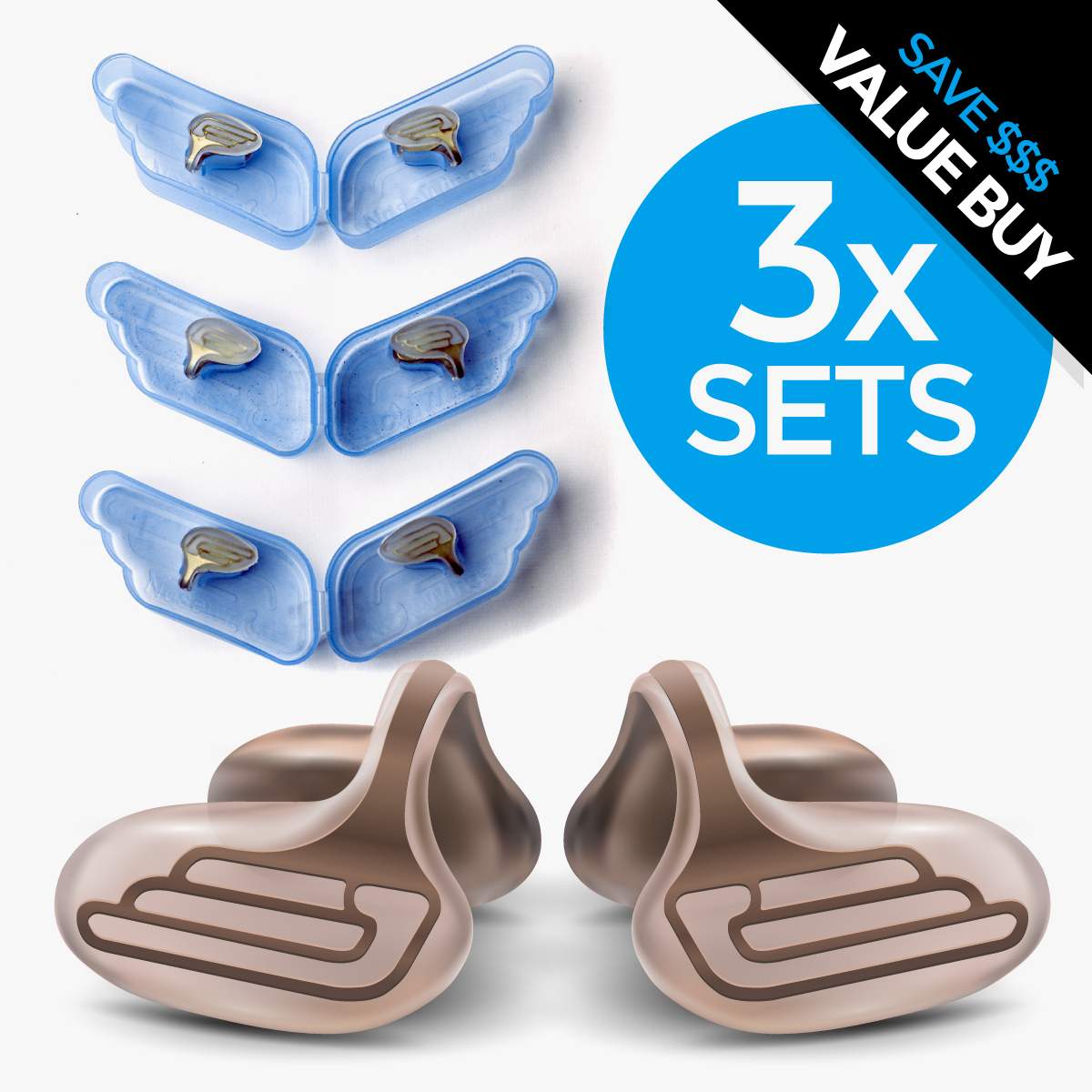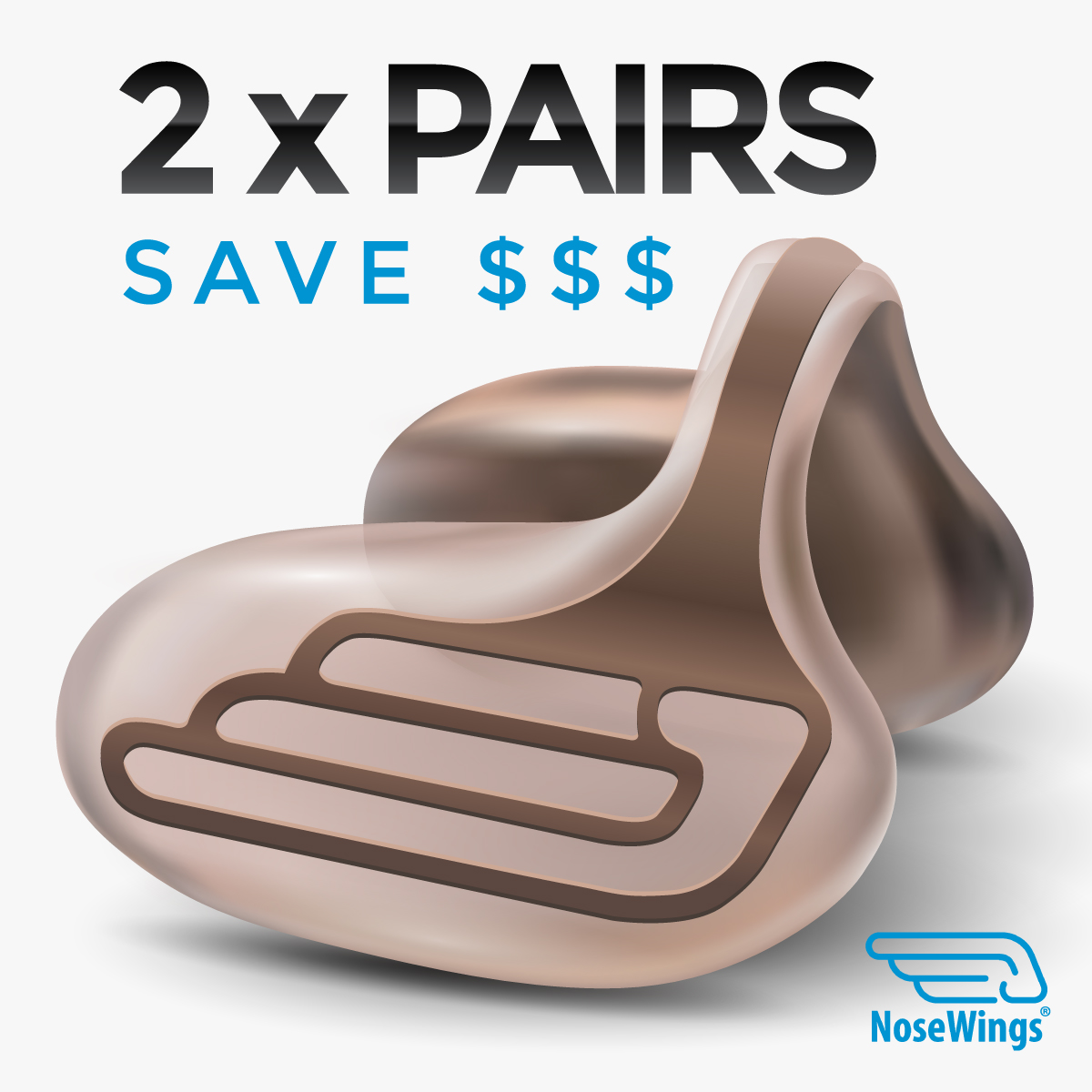
Have You Been Asking: What Is the Best Way to Stop Snoring in Australia?
You have likely received advice from several sources in response to your question. Suggestions may include that you stop smoking, restrict – or avoid – the use of sedatives and alcohol, and sleep on your side. More what is the best way to stop snoring recommendations? Raise the head of your bed, lose weight if you carry extra kilograms, or obtain medical treatment for nasal obstruction or congestion. You may have tried some or all of these to limited effect, or you would not be searching for other options.
Nose Breathing vs Mouth Breathing While Sleeping

You are more likely to face problems such as chronic headaches, gasping, choking, coughing, and regularly interrupted or shallow breathing if you inhale and exhale through your mouth. Sleep-related breathing disorders, including hypopnea and sleep apnoea, can have grave consequences. Mouth breathing may lead to gastroesophageal reflux disease, heart ailments such as arrhythmias (irregular heartbeat), and strokes. A very common side effect of mouth breathing is waking up in the morning or throughout the night with a dry mouth. This can be dramatically reduced through nasal breathing.
Nose Breathing Benefits Include:
- Sleeping peacefully, as nose breathing supplies your body with the proper amount of filtered, warmed, and hydrated oxygen and increased airflow to the veins, arteries, and nerves.
- It prevents dehydration of the body and the build-up of excess acids in the mouth.
- Correct tongue placement lessens the possibility of life-threatening sleep apnea and reduces the chances of snoring.
- Nasal breathing produces more nitric oxide in the sinuses to boost immune system functioning, reduce inflammation, and improve sleep and memory.
- An anti-snoring nose device can reduce your exposure to foreign substances, decreasing allergic reactions and hay fever.
The Benefits of a Snoring Antidote

People snore when the tissues in the throat relax, making it difficult for air to pass through the upper airway due to resistance. Approximately 90% of people snore occasionally. Whereas many middle-aged males have a chronic problem, stertor may become more of a challenge for all as we age.
- Nasal dilator strips are bonding bandages containing plastic splints or ribs applied over the nose bridge and sides of the nostrils. You may already have assessed external nasal dilators or snoring nasal strips since the nose device may help keep the airways open.
- The anti-snoring wedge pillow could reduce the problem for those suffering from mild sleep apnea, which causes them to stop breathing briefly but repeatedly when sleeping. It may also help those with acid reflux that triggers stomach acids moving up the oesophagus or tube connecting the stomach to the throat.
- You may already have investigated an over-the-counter snoring mouth guard, an oral tool worn at night to prevent teeth clenching and grinding or a solution to sleep apnea or snorting. It may not have worked for you due to your unique dental needs and mouth shape.
An anti-snoring pillow, snoring mouth guard or nasal strips are not the only options. No “best” way works for everyone, but we suggest you put our comfortable and hardly noticeable NoseWings snoring nose device to the test. Our patented world-first magnetic nasal dilator is one of the few available methods that open up the nasal passages to increase air intake via nose breathing rather than mouth breathing while you sleep.
What’s more, our extensive clinical testing and remodelling process has generated a pre-formed design. One of its benefits is that it fits virtually every adult nose with slight or no adjustment. Unless your nose is tiny, you can change the device curvature and narrow or widen the nose clip to fit perfectly for improved nose breathing.
